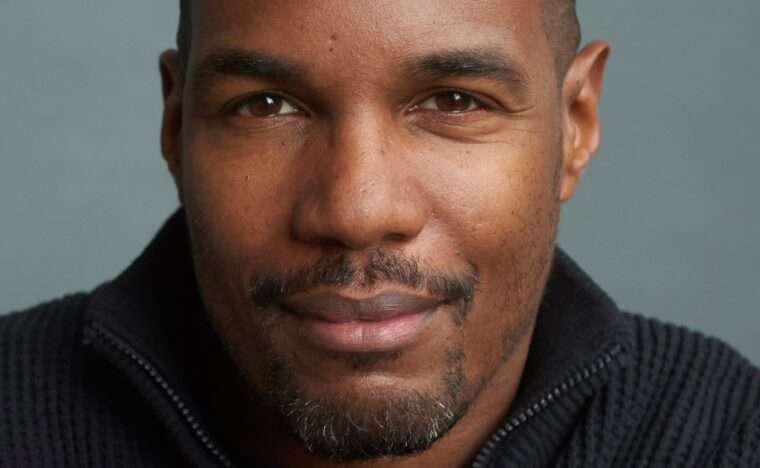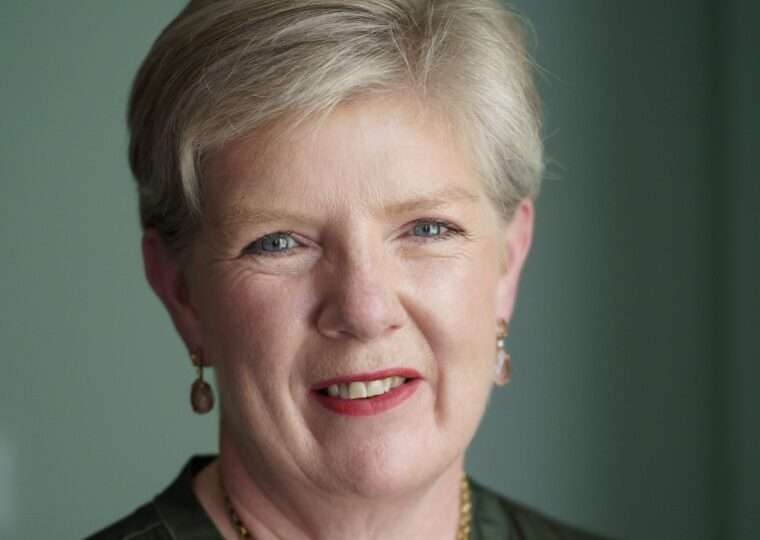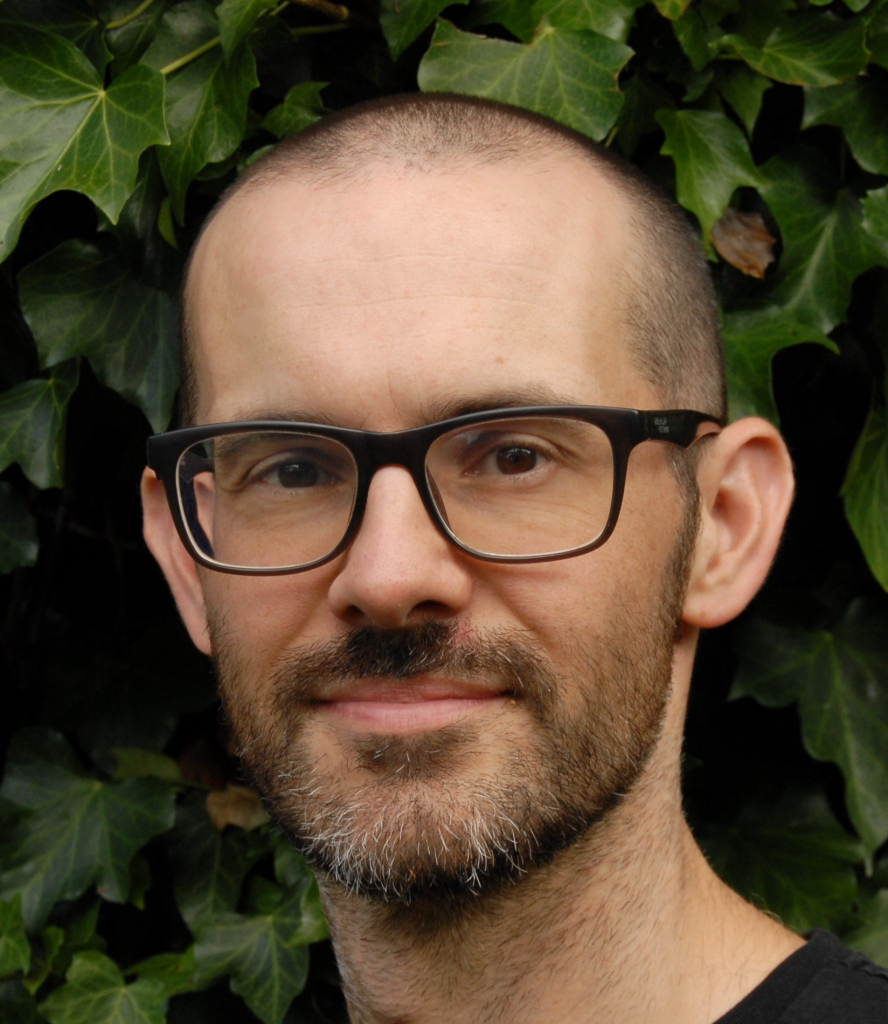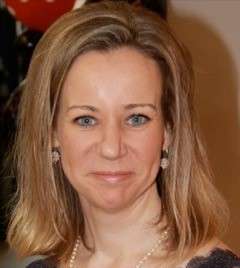The idea of the donor journey is common in philanthropy because the process is rich in learning.
Learning about yourself and your values; about the cause you want to give to; and learning from others, whether peers or non-profits; and learning through doing.
All of the members of the donor support ecosystem we have touched on so far bring some form of knowledge whether that’s philanthropy advisors informing their client of different philanthropic approaches or giving vehicle providers explaining the pros and cons of different mechanisms for giving.
In this final article of the series, we will consider those whose primary focus is on learning — the donor educators.
These educators write books and guides on how to approach philanthropy, deliver training courses, and create bespoke learning journeys.

One such educator is Derek Bardowell (right), who is CEO of Ten Years’ Time.
Ten Years’ Time creates learning experiences for donors and foundations to interrogate their wealth, unlearn harmful practices and develop holistic, equitable and reparative approaches to philanthropy.
In this interview Derek explains more about Ten Years’ Time bespoke service which helps donors deep-dive into their cause area of choice and learn how to resource racial and economic justice with care and confidence.
Why is there a need for donor education?
Derek: I think it is crucial. Levels of private giving were going down and the percentage of funds given through charitable trusts and foundations remains woefully low.
I think we need to see a significant change in the culture of giving. That’s not to say that philanthropy can solve all the current problems and issues, it can’t, but there could be more of it and it could be working harder, particularly for minoritised communities.
We’ve gone through Covid, we’ve had the killing of George Floyd and that has created a personal reckoning. People are thinking differently. People of wealth are thinking very differently. They are thinking less about legacy and more about what they do while they are alive.
This is a fantastic opportunity to change not only how much people give but also how they give. Our workshops and coaching help people understand how their wealth was accumulated, how they’re investing it, and who has been harmed by it, and encourages them to look at the whole picture so they understand how they can give their money away in a holistic way.
What do donors get from a learning experience with Ten Years’ Time?
Derek: We work with donors over a three to seven-month period, sometimes longer. We support people on a deep, personal journey and they value being able to have conversations that they perhaps can’t have in other spaces.
They are usually at a level in their professional lives where no one challenges them or criticises their work. We give them that level of challenge.
We also give our clients a firm perspective about the issue that they are dealing with, and encourage them to invest in the behavioural, policy, systemic or structural changes that might create long-term changes.
We also add knowledge that a number of clients would just not be aware of. This includes respecting the knowledge in communities. We talk about decolonisation and intersectionality in a way that breaks these down and shows donors how these are relevant to their giving.
We give donors the knowledge that means they have the confidence to invest wisely, equitably and reparatively.
Can you tell us more about the client’s journey?
Derek: Our clients will go through a range of emotions – there will be ‘aha!’ moments and times when they’re stuck in the mud. We go along the bumps in the road with them because we’re also learning alongside them. That’s important because, whilst we know a lot about some things, we don’t know everything and also because it can be lonely and difficult doing this work.
The aim is to get the head and heart working together as opposed to it being strictly about the heart.
Normally, during the journey, they will find advisors who are quite specific to their cause area and who can become their trusted advisor. We hand on the baton to them. We want clients to realise that we may leave them, but the journey should not end for them.
What has changed for donors?
Derek: There is a greater awareness of philanthropy and its role and a lot more critique. This has a dual affect: some donors are really well informed, and we can have more nuanced conversations; others are afraid to dip their toes into any of this work and a big part of our role is to absorb this anxiety.
We still cover the same themes as before, such as what is systems change, but we’ve changed who is delivering that message.
We will look at this through a gender equity lens and bring in women and women of colour as speakers, experts and facilitators.
For our clients, they are increasingly aware of the responsibility to do more than funding their old university or what’s on their doorstep and we help them to think differently about how they respond to global issues and move beyond just giving small percentages of their wealth.
Derek Bardowell is CEO of Ten Years’ Time and author of Giving Back: How To Do Good, Better
Read the rest of Emma’s Philanthropy Ecosystem series:








